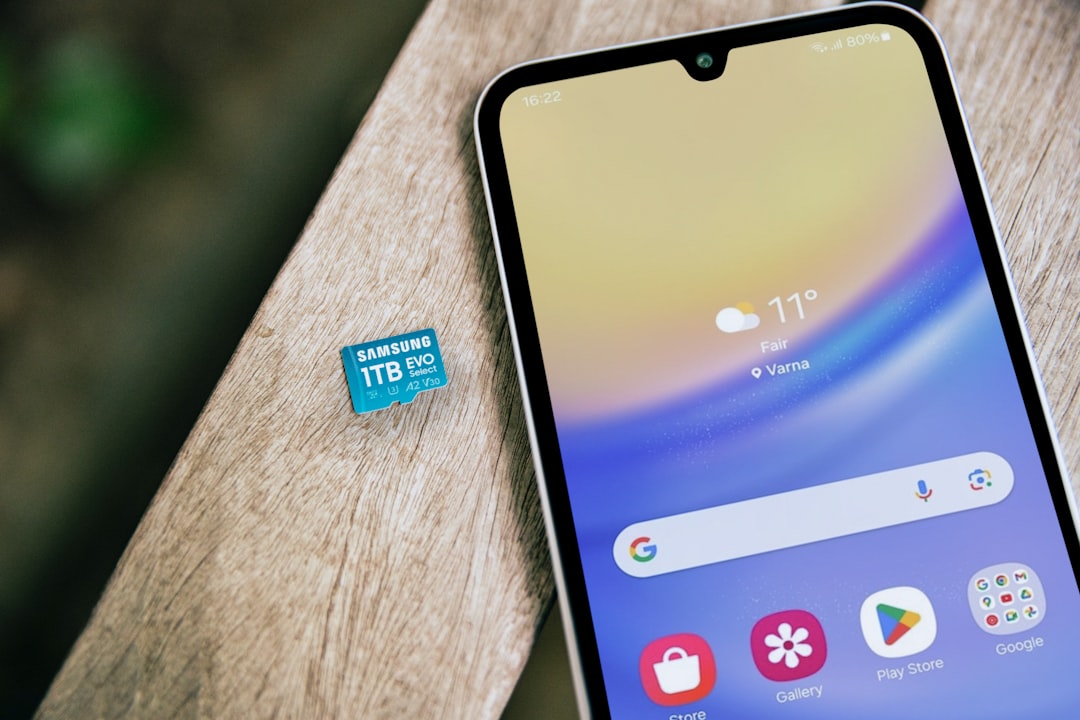Spam calls are a significant problem in New York City, with 10 billion unwanted calls annually. To combat this, NYC is pioneering a blockchain-based spam registry, allowing residents to opt-out securely and reducing fraud. This project enhances privacy and could set a legal precedent for enforcing TCPA laws with the help of specialized Spam Call law firms and lawyers in New York. It aims to reduce spam calls globally and provide peace of mind for New Yorkers tired of unwanted phone nuisances.
“Tired of relentless spam calls in New York City? Explore a revolutionary solution with the city’s pilot project on blockchain technology. This initiative aims to combat the pervasive issue of spam calls using a decentralized approach. By implementing blockchain, NYC is testing a novel system to track and manage phone number ownership, empowering residents to take control. Discover how this innovative project, targeting effective spam call prevention, integrates legal expertise with cutting-edge tech, offering hope for a quieter, more peaceful New York.”
Understanding the Problem: The Scope of Spam Calls in New York City
Spam calls are a pervasive and persistent issue in New York City, affecting millions of residents daily. According to recent reports, NYC alone receives an estimated 10 billion spam calls annually, with many falling into categories like telemarketing, robocalls, and fraudulent schemes. These unwanted calls not only disrupt individuals’ lives but also pose significant challenges for businesses and law enforcement, especially when it comes to enforcing existing anti-spam laws.
The scope of the problem is further exacerbated by the ever-evolving nature of spam call tactics. From sophisticated voice manipulation technologies to targeted campaigns exploiting personal data, keeping pace with spammers has become a daunting task. New York City, as a bustling metropolis, has been at the forefront of these challenges, prompting calls for more robust solutions. How to stop spam calls in New York effectively involves harnessing innovative technologies like blockchain and exploring legal avenues through Spam Call law firms in New York or lawyers specializing in TCPA (Telemarketing Consumer Protection Act) cases.
Introducing Blockchain Technology for a Decentralized Solution
In the relentless battle against unwanted spam calls, New York City is pioneering a revolutionary approach with blockchain technology. The concept is to create a decentralized spam registry, offering a potential game-changer for residents tired of incessant phone nuisances. By leveraging blockchain’s secure and transparent nature, this project aims to provide an innovative solution to the growing problem of spam calls, especially in a bustling metropolis like New York.
This pilot project introduces a new way to combat spam by establishing a distributed database where users can register their preferences and opt-out choices. With advanced cryptographic techniques, each entry is secure and tamper-proof, ensuring that personal decisions to block specific callers or types of calls are respected. This technology not only promises to enhance individual privacy but also could set a precedent for implementing spam call laws, such as the TCPA (Telemarketing Consumer Protection Act), at scale, making it easier for law firms specializing in these matters, like those in New York, to represent clients effectively.
The Pilot Project: Implementation and Expected Outcomes
The NYC Pilot Project aims to combat the persistent issue of spam calls by leveraging blockchain technology to establish a decentralized spam registry. This innovative approach involves creating a secure, transparent, and immutable database where phone numbers associated with spamming activities can be registered and tracked. By utilizing smart contracts, the system will automatically enforce anti-spam laws, such as the Telephone Consumer Protection Act (TCPA), allowing for swift legal action against perpetrators.
Expected outcomes include reduced incidences of spam calls in New York City, enhanced privacy protection for residents, and a more efficient legal process for addressing violations. The pilot project has the potential to serve as a model for other cities worldwide, offering a practical solution to this pervasive problem. Additionally, it may encourage further regulatory developments and foster industry-wide cooperation to create a spam-free environment, thereby ensuring peace of mind for New Yorkers and those seeking legal recourse against spam call law firms.






